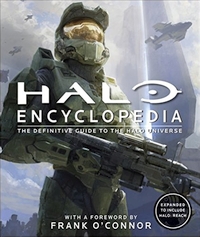This article is from the first edition of The Video Game Librarian website I published between 2008 and 2010. It was originally written on June 25, 2009.
A couple of libraries are in the news with the details on how they plan to integrate video games into their Summer programming.
The Woburn Advocate has posted an article titled “Attention, baby boomers” about the Woburn (Mass.) Public Library’s Wii program for adults:
Woburn Public Library staff and teen volunteers will walk you through the use of the Wii-mote, a light-weight, motion-detecting controller that you throw like a bowling ball.
Meanwhile, The Daily Courier of Prescott, AZ reports that the Prescott Public Library will bring families together with the Wii:
The library also is still offering its two Nintendo Wii video game programs, including “Wii-Read,” from 3:30 to 6:30 p.m. on Thursdays.
In “Wii-Read,” a child reads a book for an hour and fills out a form telling staff what he or she thought of the selection before scheduling an hour of time playing Wii on Thursdays.
On Saturdays, the library provides “Wii-R-Family” from 10:30 a.m. to 1:30 p.m., a program in which families of at least one parent and a child can play for an hour on the game system.

 During this weekend’s Emerald City Comic Con in Seattle, Tor Books and Microsoft’s Frank O’Connor announced (via
During this weekend’s Emerald City Comic Con in Seattle, Tor Books and Microsoft’s Frank O’Connor announced (via